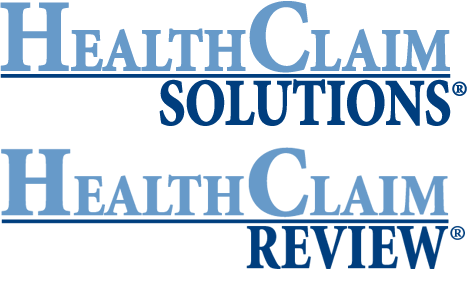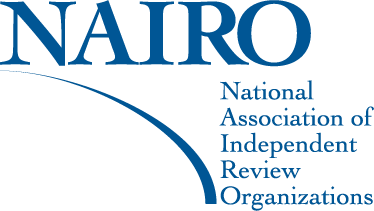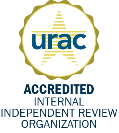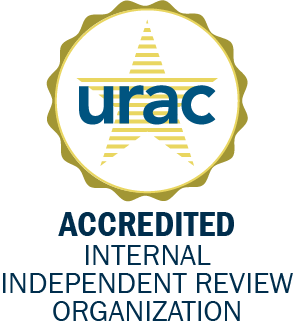MEDICARE REVIEW SERVICES
For over 20 years we have provided Medicare knowledge for both Medicare and non-Medicare (commercial and ERISA) health plans throughout the US. There is no doubt that Medicare and CMS have had and continue to have a primary influence on both coverage and reimbursement mechanisms for all types of healthcare payers. Most third party coding edit systems were built from a Medicare foundation using CCI (Correct Coding Initiative). DRG inpatient payment mechanisms have spread far and wide throughout the US and overseas as an important inpatient hospital payment method. And most recently, Medicare reimbursement has been utilized by a wide range of non-Medicare payers under the term “Reference-Based Pricing.”
A clear understanding of Medicare policies, reimbursement and coding systems is important for all health insurance payers, regardless of type.
Considine & Associates HealthClaim Review® has been a medical review leader in the Medicare Advantage health plan space for many years and has expertise in the following key areas:
Diagnosis Related Groups (DRG) Medical Record Validation and Repricing
- We use board-certified specialist physicians to review inpatient medical records to determine correct diagnoses and procedures that influence proper DRG selection. The correct establishment of the all-important Principal Diagnosis is essential and drives a major portion of mapping to correct DRG assignment.
RUG Review (Resource Utilization Group) Skilled Nursing Facility
- The RUG scoring and analysis system is the prospective payment mechanism for skilled care in skilled nursing facilities. Our expertise in this area is reinforced with RAC-CT certified staff. We use physician specialists with Medicare expertise for review of facility medical records and Minimum Data Set (MDS) to validate the correct RUG classification and reimbursement.
- Skilled nursing and skilled therapies (PT OT ST) intensity, frequency and duration as they effect proper RUG classification
- ·Activities of daily living documentation
Home Health Prospective Payment System (HIPPS)
- Use of Home Health Resource Groups (HHRGs) to determine appropriate coding and reimbursement based on home care records
- Analysis of the home care agency OASIS (Outcomes Assessment and Information Set)
Observation vs. Admission reviews
- Analysis of emergency room, observation and inpatient records to determine need for particular level of care and impact on reimbursement
“Never Event” and Quality of Care reviews
- Our physician reviewers analyze and document significant quality of care events that were preventable on the part of the facility and/or professional providers.
- While Never Events are very important, they comprise only a small percentage of total quality events needing physician review.
Hospice, End of Life and Palliative Care
- Hospice Service Intensity Add-on (SIA)
- Routine Home Care (RHC) review
IRF (Inpatient Rehab Facility) Review
Part D Prescription Drug Review
Readmission Reviews
E & M (Evaluation & Management) Physician coding
Skilled Care Determinations










